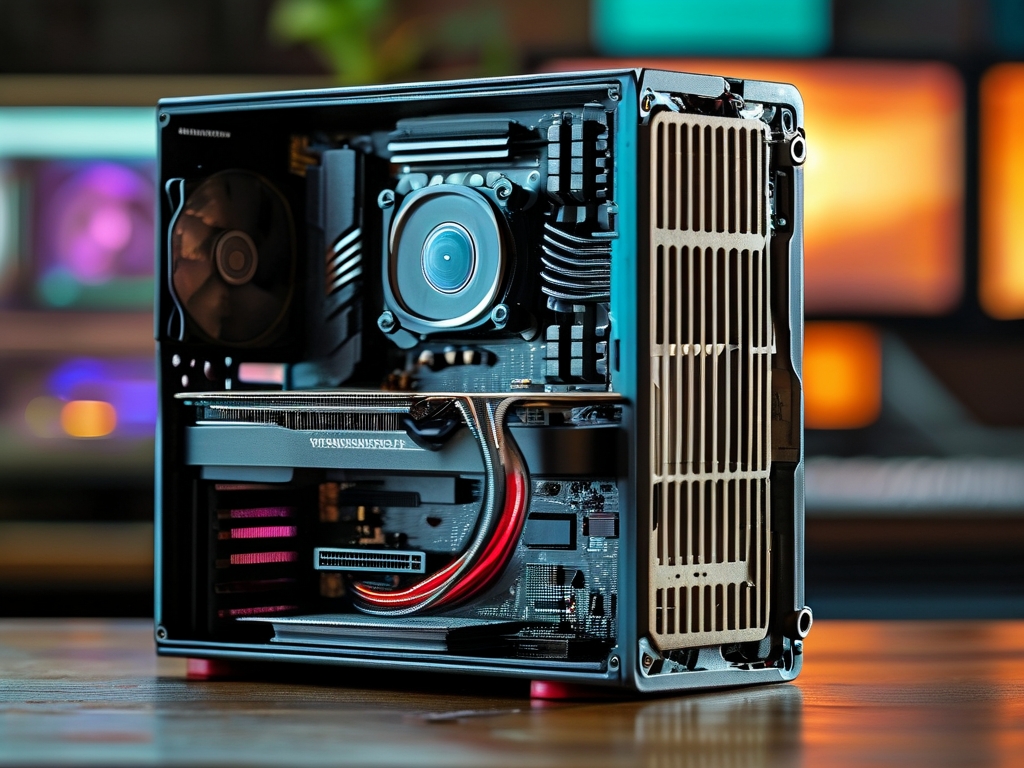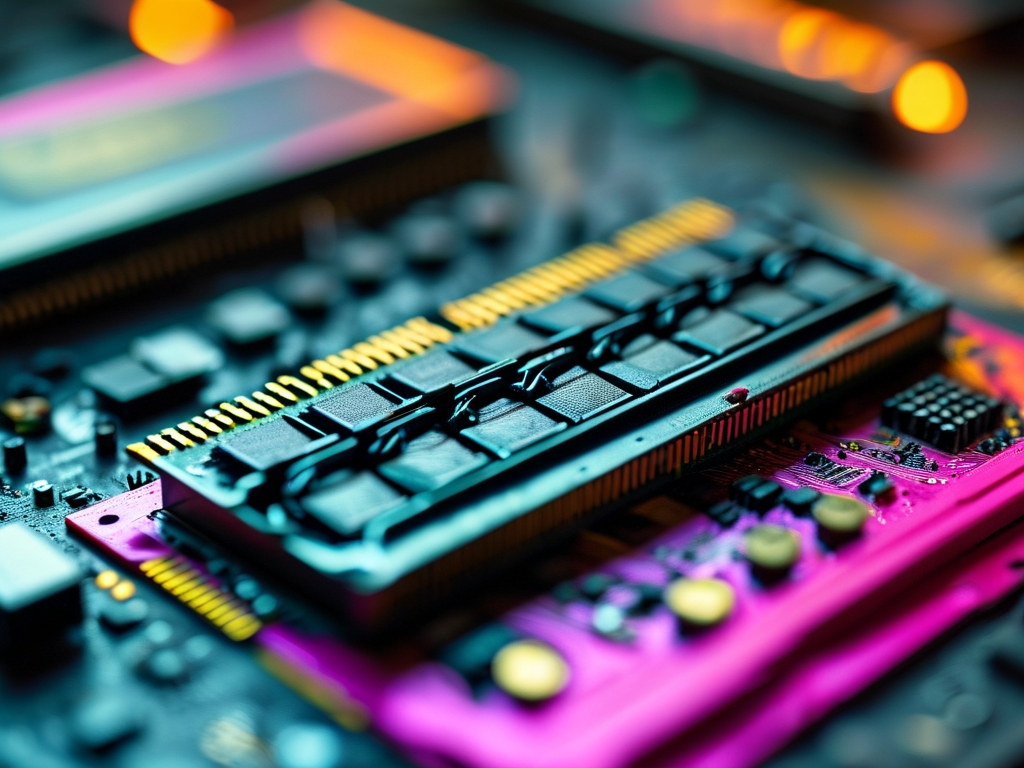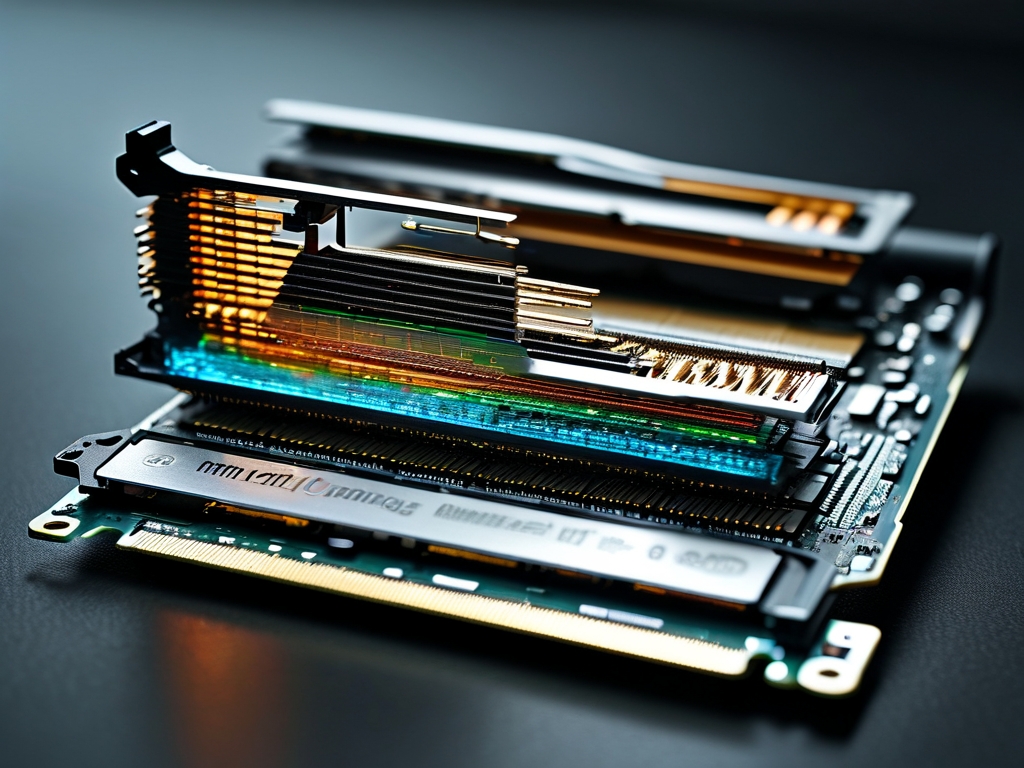Upgrading your computer's memory (RAM) is one of the most effective ways to improve performance, whether you're tackling demanding tasks like video editing or simply trying to speed up everyday multitasking. However, determining how much RAM you need-and what your system can support-requires careful consideration. This guide explores the factors that influence memory requirements, compatibility considerations, and practical recommendations for different user scenarios.
Understanding RAM and Its Role
Random Access Memory (RAM) acts as your computer's short-term storage, temporarily holding data that the CPU needs to access quickly. The more RAM your system has, the more applications and processes it can handle simultaneously without slowing down. Insufficient RAM forces the system to rely on slower storage devices like SSDs or HDDs, leading to performance bottlenecks.
Minimum vs. Recommended RAM Requirements
1. Basic Usage (4–8 GB) For users who browse the web, stream videos, or work with lightweight office applications (e.g., Word, Excel), 4–8 GB of RAM is typically sufficient. However, modern operating systems like Windows 11 or macOS Sonoma consume 2–4 GB of RAM on their own, leaving limited headroom for multitasking. Upgrading to 8 GB is advisable for smoother performance.
2. Intermediate Tasks (8–16 GB) Gamers, graphic designers, and users running mid-tier software (e.g., Photoshop, Premiere Pro) should aim for 8–16 GB. Most modern PC games recommend 16 GB for optimal performance, especially at higher resolutions or with mods. Similarly, multitasking across multiple browser tabs, productivity apps, and creative tools benefits from this range.
3. High-End Workloads (32–64 GB+) Professionals handling 4K/8K video editing, 3D rendering, virtual machines, or scientific simulations often require 32 GB or more. Software like Blender, AutoCAD, or VMware can consume vast amounts of memory, and insufficient RAM may cause crashes or extended render times. Workstations and servers may even utilize 128 GB or higher for extreme workloads.

Compatibility Factors
Before upgrading, verify your system's limitations:
- Motherboard Support: Check the maximum RAM capacity and generation (e.g., DDR4, DDR5). Older motherboards may not support newer RAM types.
- Operating System Limits: 32-bit OS versions cap RAM usage at 4 GB, while 64-bit systems can handle much more (e.g., Windows 10 Pro supports up to 2 TB).
- RAM Speed and Channels: Ensure the RAM's speed (MHz) matches your motherboard's specifications. Using dual- or quad-channel configurations can also boost performance.
Step-by-Step Upgrade Guide
- Check Current RAM: Use tools like Task Manager (Windows) or Activity Monitor (macOS) to assess existing memory usage.
- Research Compatibility: Consult your motherboard's manual or manufacturer website for RAM specs.
- Purchase and Install: Buy RAM sticks that meet your needs, then power off the system and install them in the correct slots.
- Verify Stability: Boot the system and use diagnostics like MemTest86 to ensure the RAM is recognized and functioning.
Common Myths Debunked
- "More RAM Always Means Better Speed": Excess RAM beyond your workload requirements provides no benefit. Allocate budget to other components (e.g., CPU, GPU) if you've met your RAM needs.
- "Mixing RAM Brands/Speeds Is Fine": While possible, mismatched RAM can cause instability or force all sticks to run at the slowest speed.
Future-Proofing Your System
As software becomes more resource-intensive, opting for slightly more RAM than you currently need can extend your system's lifespan. For example, choosing 32 GB for a gaming PC might seem excessive today but could become standard in 3–5 years.
The ideal RAM capacity depends on your specific use case, hardware compatibility, and budget. Most users will find 16 GB to be a versatile choice, balancing cost and performance. Always prioritize compatibility and quality when selecting memory modules, and consider consulting technical resources or professionals if unsure. By understanding your system's requirements, you can ensure a seamless upgrade that unlocks your computer's full potential.



